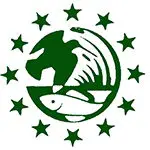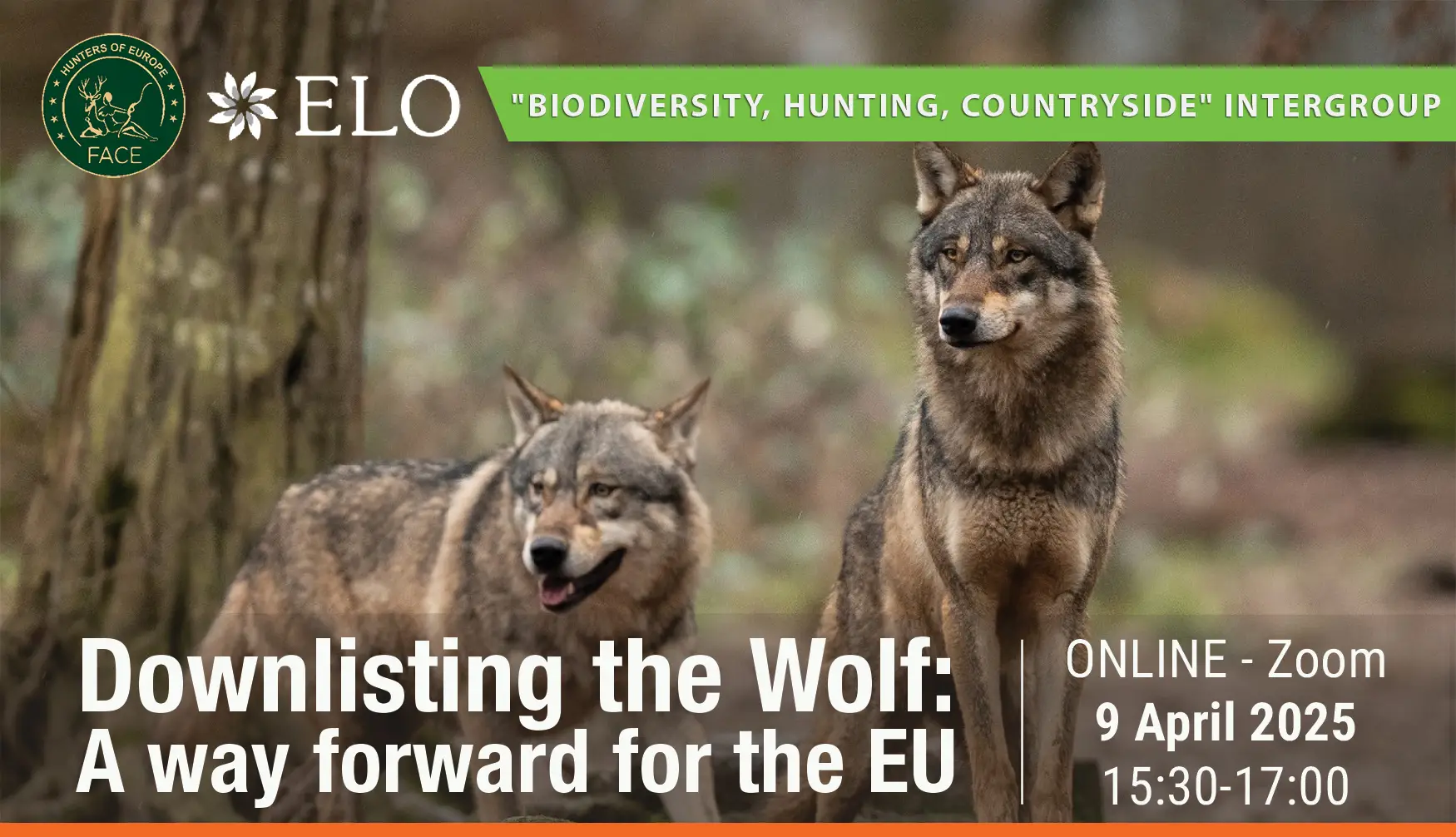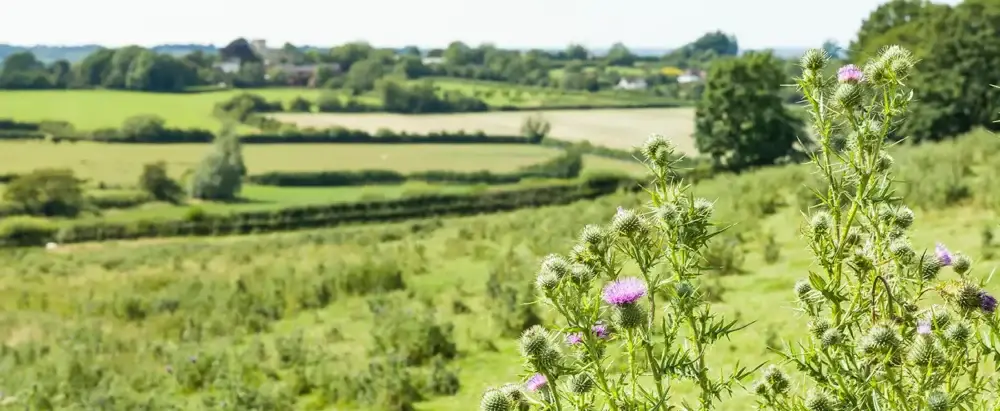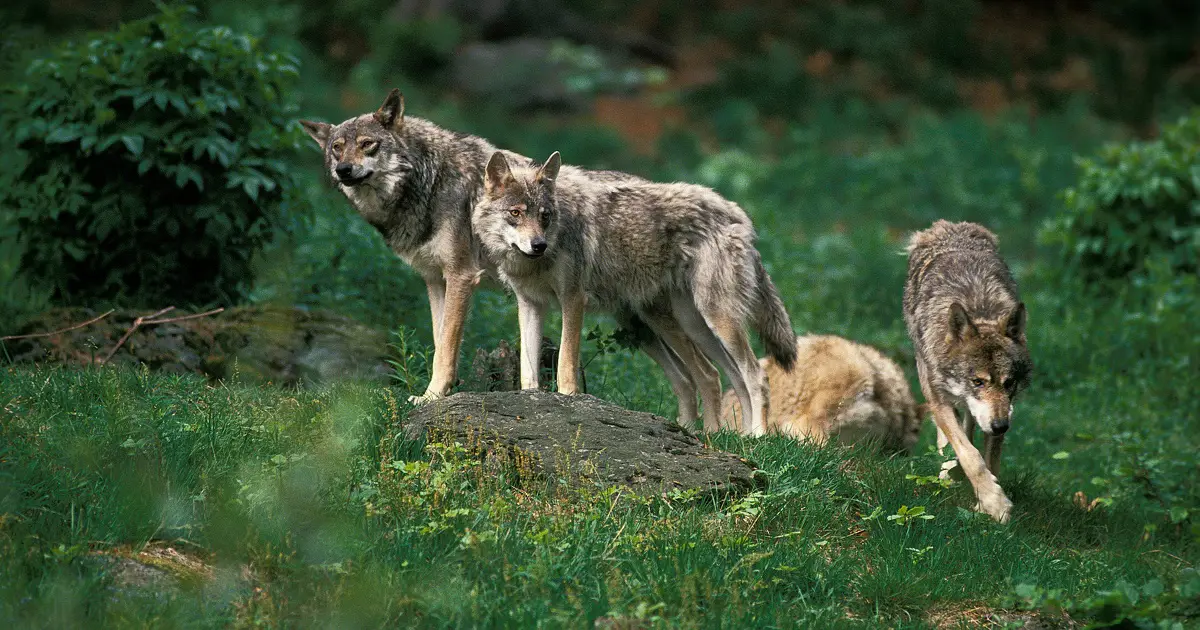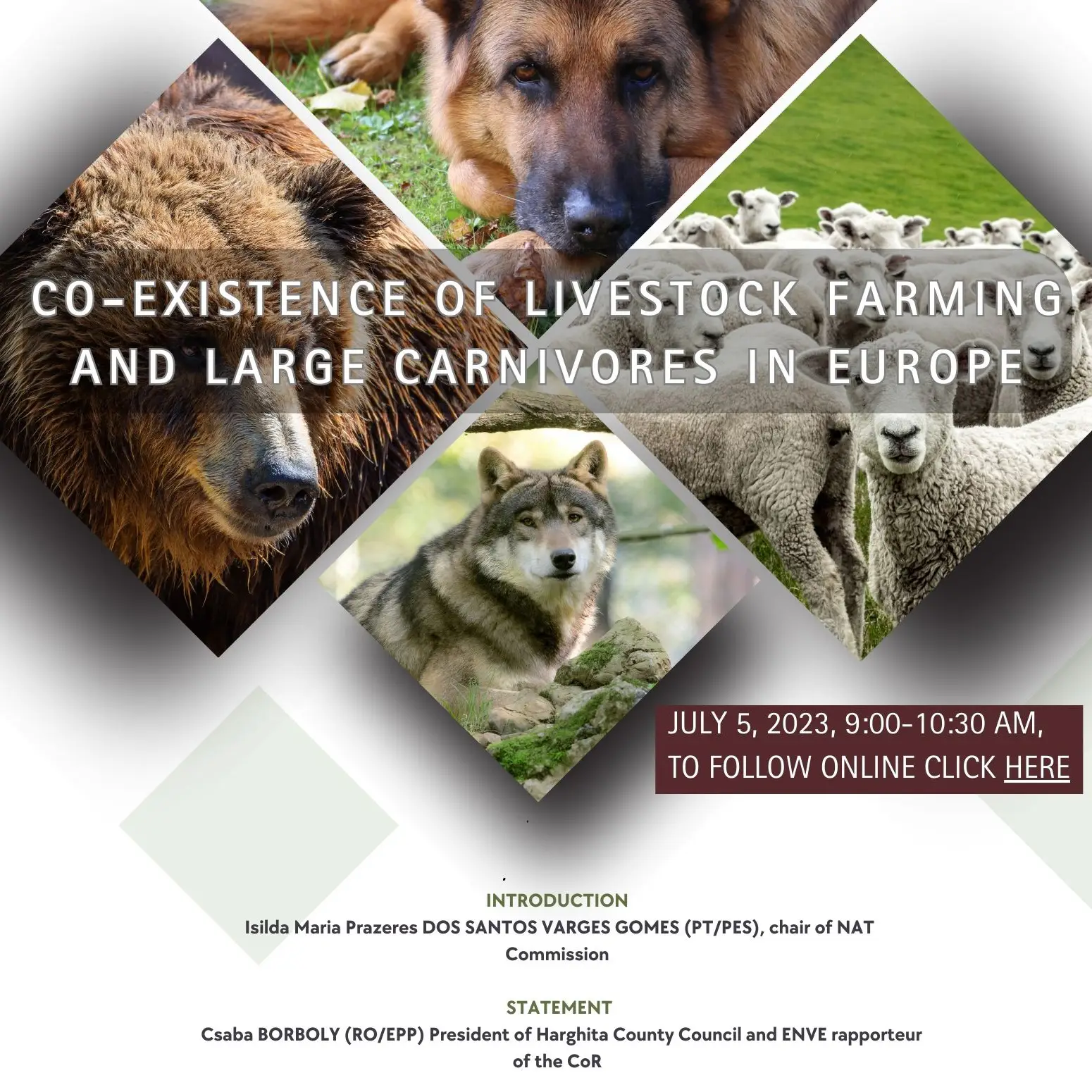"Biodiversity,
Hunting, Countryside"
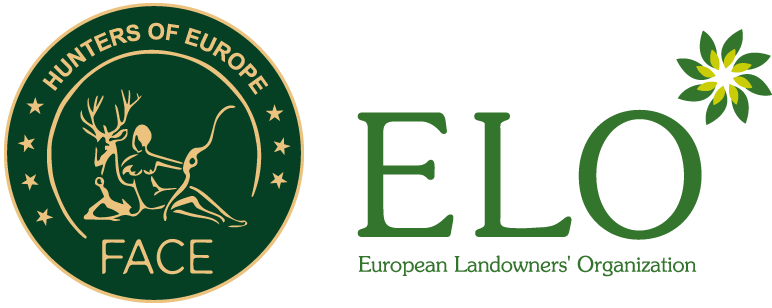
INTERGROUP secretariat
Intergroup
Since 1985, the "Biodiversity, Hunting, Countryside" Intergroup has been one of the most active stakeholder platforms in the European Parliament, addressing key nature conservation issues and rural challenges.
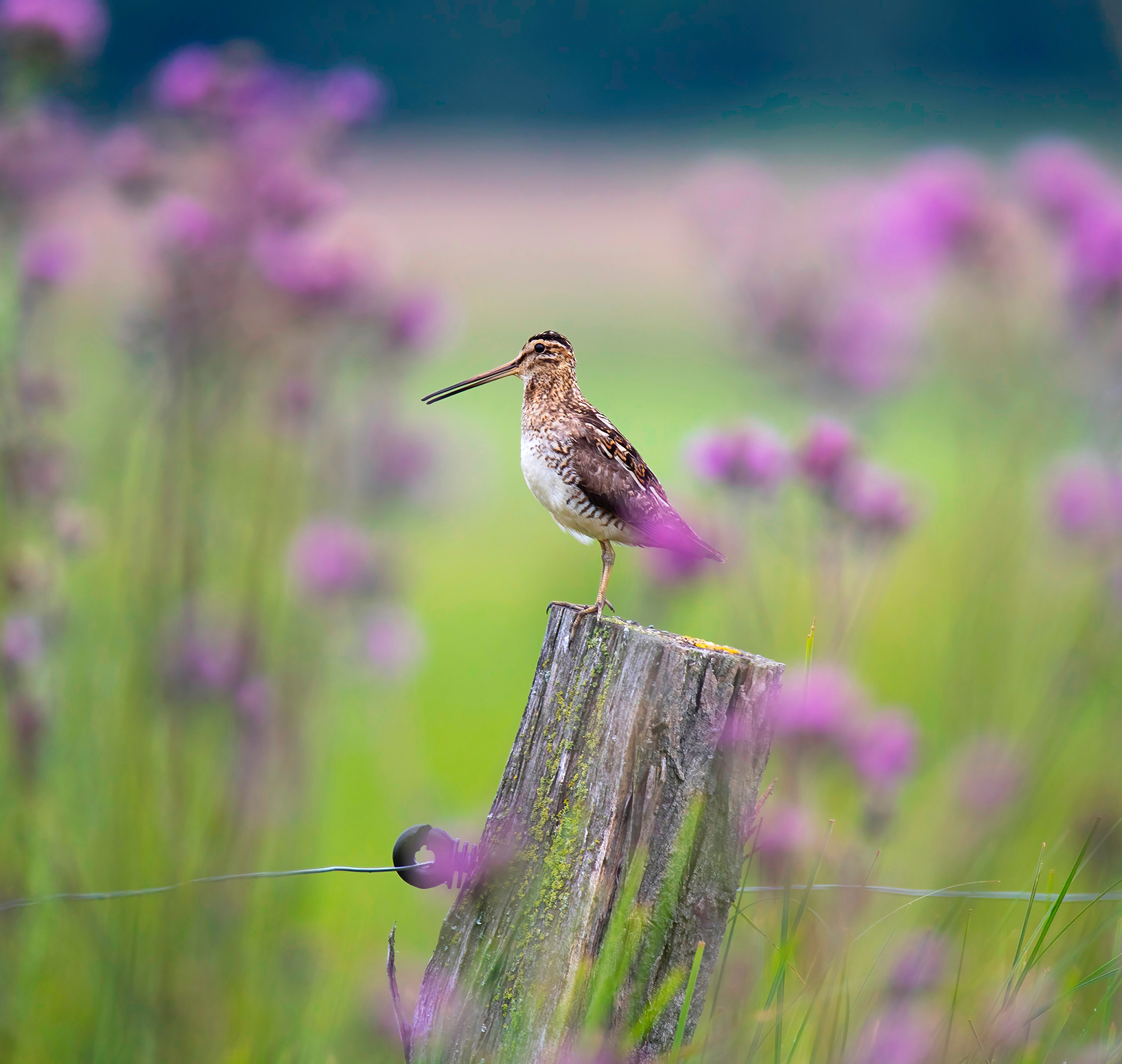
About the Intergroup
The "Biodiversity, Hunting, Countryside" Intergroup is a cross-party group of Members of the European Parliament (MEPs) from a wide spectrum of political groups who collaborate on key issues related to biodiversity, hunting, conservation, and the global challenges impacting the European countryside.
The European Federation for Hunting and Conservation (FACE) and the European Landowners’ Organization (ELO) jointly serve as the Secretariat of this Intergroup.
European Parliament Intergroups bring together MEPs with a common interest to exchange ideas, promote initiatives, and raise awareness on specific topics.
Throughout its history, this Intergroup has enabled open dialogue with decision-makers, including the European Commission, European Parliament, stakeholders, and experts.
Objectives
Advocate for sustainable use, highlighting its role in enhancing biodiversity and supporting rural development.
Support the values and interests of rural communities, ensuring their voices are heard in the decision-making process.
Highlight the crucial socio-economic contributions of countryside activities to Europe's rural landscape.
Address the most pressing issues related to biodiversity, wildlife management, land use, hunting, and rural development across Europe.
Provide a cross-political platform where decision-makers and stakeholders can exchange views and collaborate effectively.
Facilitate well-informed discussions by offering access to science-based expertise and comprehensive background information.
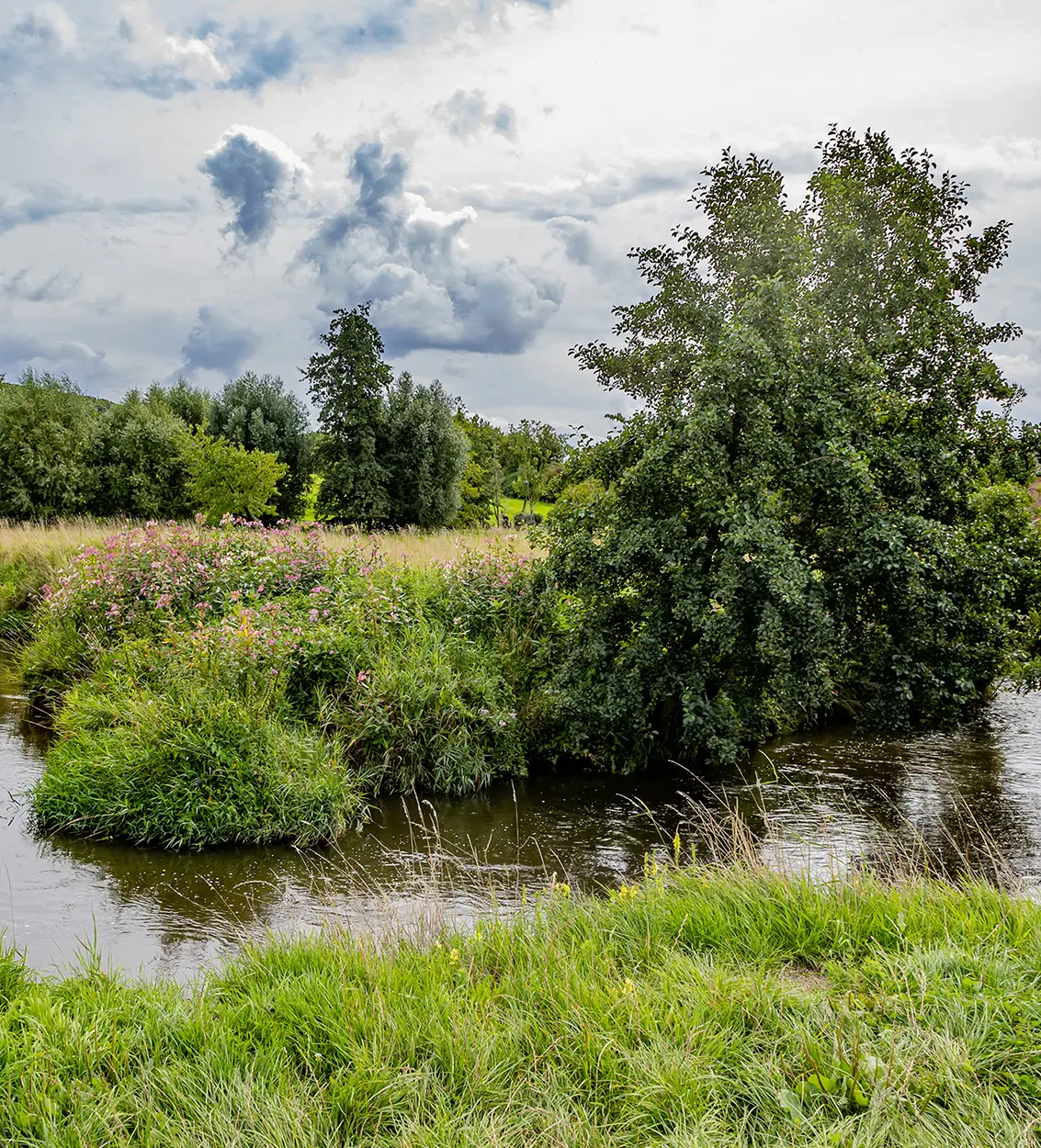
Activities
This Intergroup hosts policy-relevant events to address environmental issues widely debated in the media and political arenas. EU legislation has a decisive impact on Member States’ environmental and agricultural policies, and this has huge effects on hunters and land managers in Europe.
Biodiversity, nature, climate change, agriculture, forestry, rural development are key for the future of the European Union.
The intergroup in the new parliamentary term:
FACE and ELO represent the strong desire of hunters, landowners and countryside communities for this Intergroup to continue promoting the crucial role of rural actors and the socio-economic importance of rural areas.
FACE and ELO are actively working together with supportive MEPs and political groups towards the re-establishment of the "Biodiversity, Hunting, Countryside" Intergroup for the 2024-2029 parliamentary term.
Events
Through its high-level meetings and events, the Intergroup encourages dialogue, spreads key information and promotes balanced solutions.
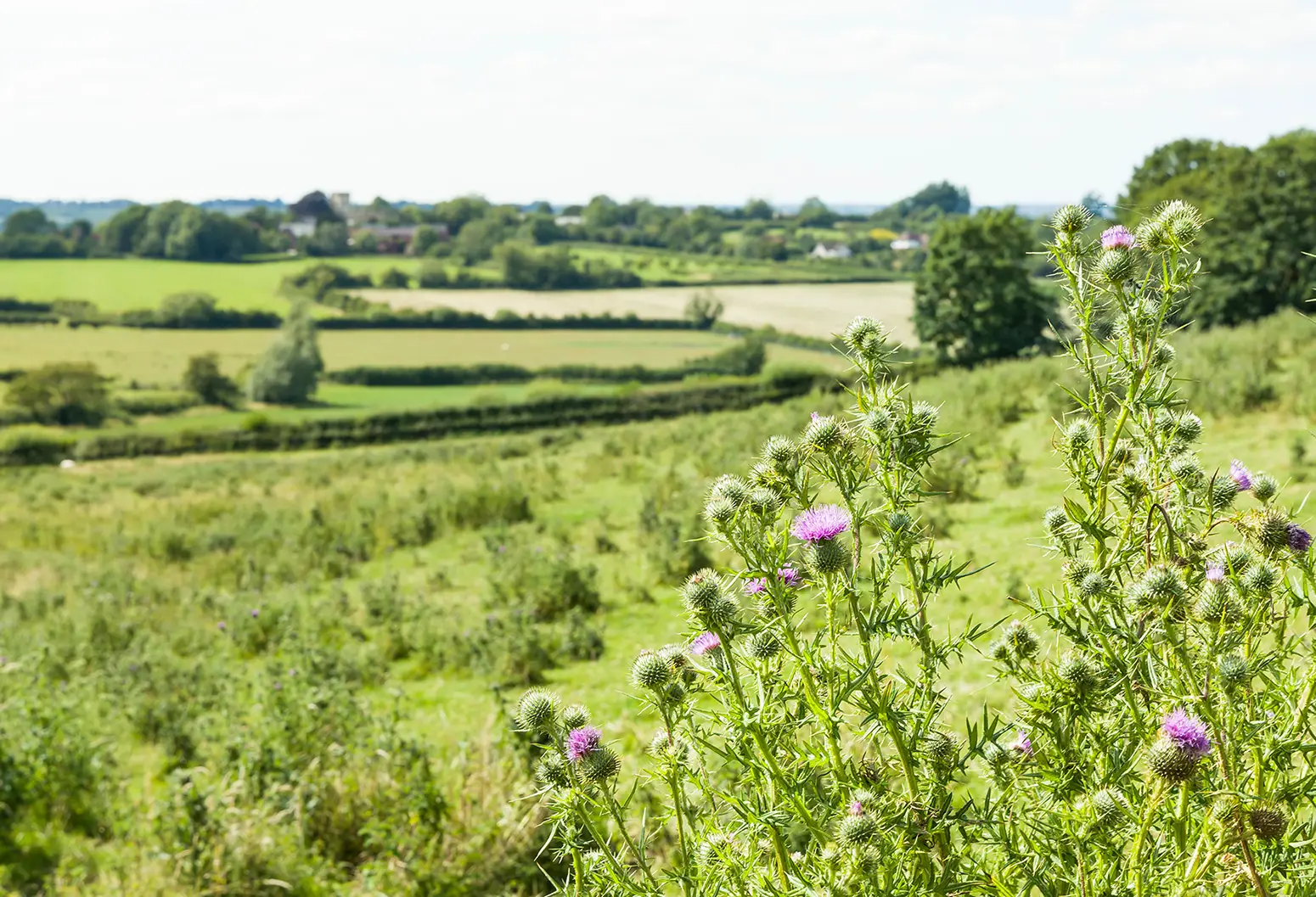
Dialogue on the Future of Europe's Countryside: Sustainable Land Use, Hunting and Nature Conservation.
Next Intergroup Event
10 September 2024, 18:30 – 19:30
EP Member’s Salon, Spinelli Building (ground floor)
European Parliament, Brussels
Hosted by MEP Juan Ignacio Zoido
Organised in conjunction with
FACE - European Federation for Hunting and Conservation
ELO – European Landowners’ Organization

